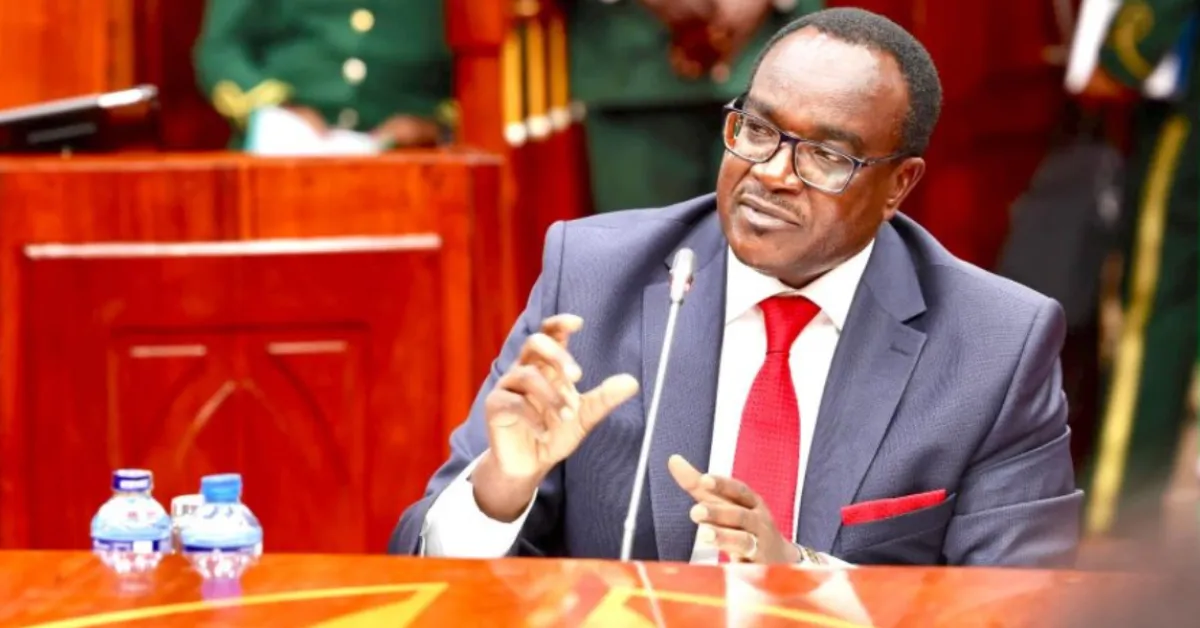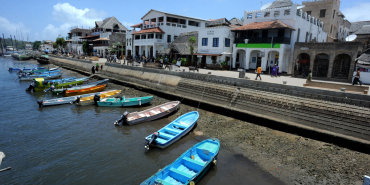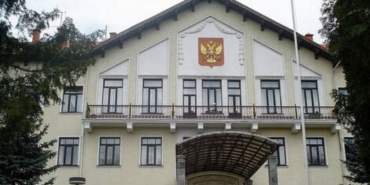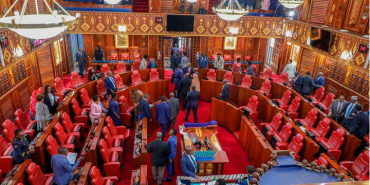Cluster System Replaces School Rankings as Kenya Transforms Secondary Education

Kenya's Ministry of Education is implementing a radical restructuring of its secondary education system, set to take effect in January 2026, fundamentally altering how students transition to senior schools under the competency-based education (CBE) curriculum.
The reform, currently guiding 1.2 million Grade 9 learners in their subject and school selections, aims to align schools with their capability to deliver specific career pathways, replacing the previous administrative-based categorisation.
The initiative stems from recommendations outlined in the 2023 Presidential Working Party on Education Reforms. It dismantles the traditional hierarchy of national, extra-county, county, and sub-county schools, substituting it with a four-tier clustering system based on infrastructure and subject combination capacity within the CBE's three designated pathways: Science, Technology, Engineering and Mathematics (STEM), Social Sciences, and Arts and Sports Science.
Under the new framework, schools will be classified into Clusters 1 through 4. Cluster 1, primarily comprising former national schools, will possess the facilities to offer all three pathways. The remaining clusters are mandated to provide at least two pathways, with STEM being compulsory. According to the Basic Education Curriculum Framework, STEM is projected to accommodate 60 percent of learners, Social Sciences 25 per cent, and Arts and Sports Science 15 per cent. There are 14 subject combinations under STEM, nine under Social Sciences, and ten for Arts and Sports Science.
The overhaul is not merely superficial; it represents a profound shift towards merit-based and interest-driven placements, moving away from legacy and prestige. The new system considers boarding status and gender profile, with this information accessible on the Ministry of Education's online portal to enable informed choices.
Speaking at the Kenya Secondary Schools Heads Association conference in Mombasa, Education Cabinet Secretary Julius Ogamba assured the public that the new placement system is reliable. Placement decisions, he emphasised, now factor in variables such as career preferences, location, school type, and gender, marking a significant departure from traditional allocation methods.
Ogamba also rescinded a contentious directive that would have required national boarding schools to establish day wings, a policy that had provoked widespread opposition from principals concerned about potential disciplinary issues. As the 8-4-4 system is phased out, senior schools will eventually encompass only Grades 10 to 12, easing classroom congestion and allowing schools to repurpose space to accommodate evolving curriculum demands.
The Education Cabinet Secretary has affirmed the government's readiness for the transition, saying that the Kenya Institute of Curriculum Development (KICD) is finalising the distribution of Grade 10 learning materials. Furthermore, the Teachers Service Commission (TSC) has received adequate funding to re-skill senior school teachers, ensuring that instruction aligns with the restructured system's objectives.
Concerns regarding examination malpractice, student unrest, and safety have also been addressed.
Ogamba has instructed teachers to uphold integrity during assessments and has announced the development of a national strategy for school safety and learner well-being. These measures reflect rising concerns about discipline and mental health within schools amid the education sector's transformation. Financially, the government remains committed to the Free Day Secondary Education (FDSE) programme, despite recent budgetary delays. To that end, Sh22 billion has been released for Term Two, with Sh11.6 billion specifically allocated to the FDSE scheme.
Ogamba has urged headteachers to exercise prudent financial management, reminding them of their obligations under the Public Finance Management Act, 2012, and stressing the need for accountability and compliance with ministry circulars, particularly those related to unauthorised levies.














Add new comment